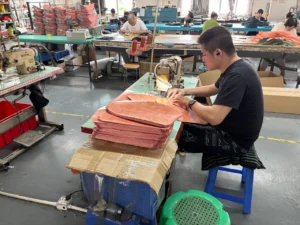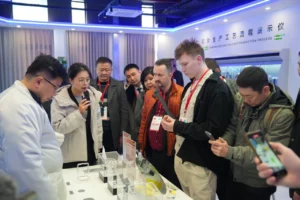-
Address: China, Shenzhen
-
Email: info@chinaglobalhub.com
China Global Hub
China business solutions center
-
Phone: +86 188 0760 4383
-
Telegram: @china_global_hub
China Global Hub
China business solutions center
Payment Agent in China — Safe Supplier Transactions

A payment agent in China helps businesses pay suppliers securely, manage logistics, reduce risks, and ensure quality control in international trade.






